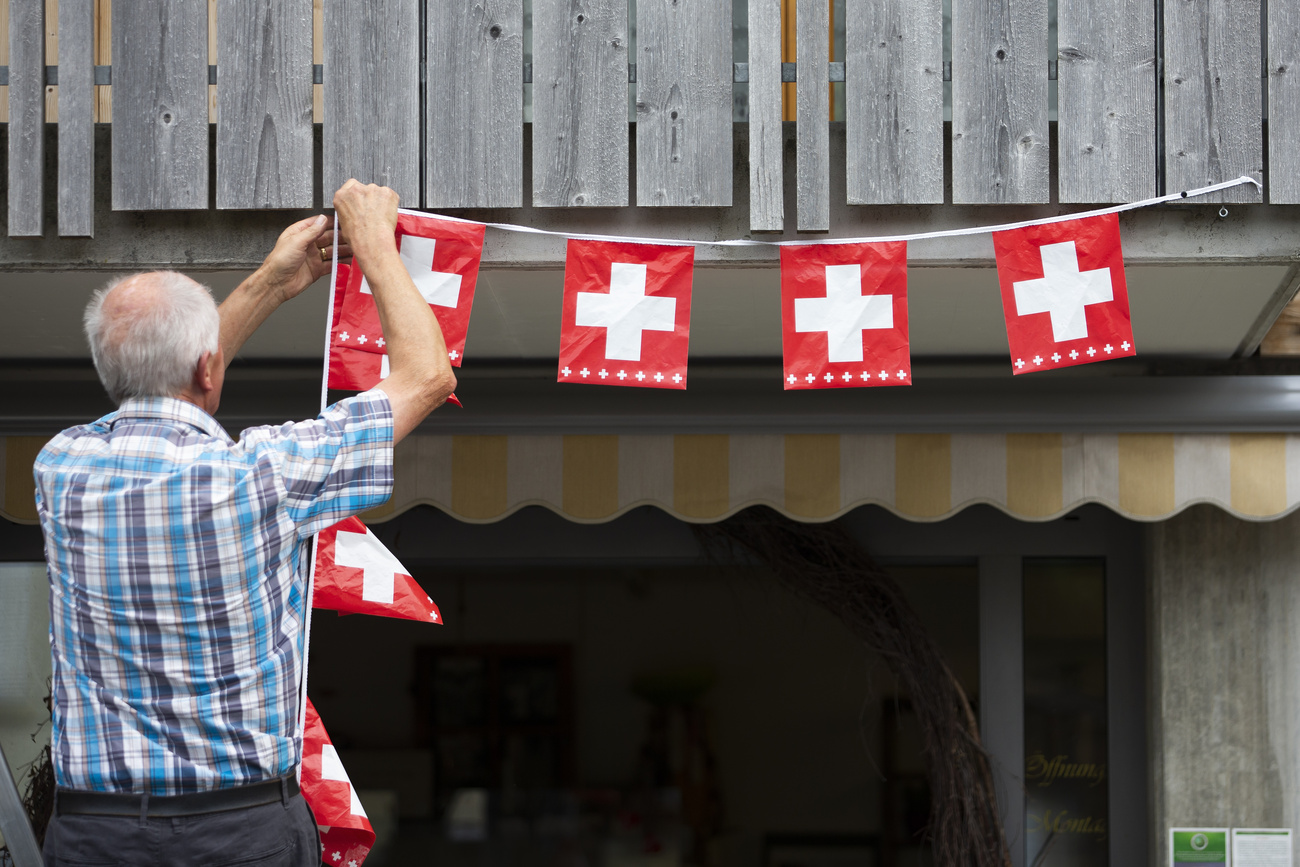
Ziegler wants new status for hunger victims

The United Nations Special Rapporteur on the Right to Food has urged industrialised countries to grant so-called "refugees from hunger" a temporary right of asylum.
Switzerland’s Jean Ziegler also said biofuels could lead to hundreds of thousands of deaths from hunger worldwide.
He said the Geneva-based UN Human Rights Council could define the details together with the World Food Programme.
The new status would require amending a 1951 UN convention granting refugee status to people fleeing racial, political or religious persecution.
Ziegler said famine and chronic hunger were driving many in sub-Saharan Africa to risk their lives on rickety boats bound for Europe, often Spain’s Canary Islands or southern Italy.
“Nobody knows how man thousands of people have died trying to make the journey. This tragedy must stop. These people are victims of criminal organisations,” he said on the sidelines of a meeting in Geneva on Thursday.
An estimated two million people try to enter the European Union illegally every year, and about 2,000 of them drown in the Mediterranean Sea.
Ziegler slammed the policy of European states to set up camps and centres on the African continent were an attempt to “outsource the problem” or to send refugees back.
“The idea to turn Europe into a fortress has definitely failed,” he said.
However, Muriel Berset Kohen, a representative for the Swiss government on the Human Rights Council, said it would be very difficult to set exact criteria for so-called “refugees from hunger”.
Hypocrisy
Ziegler also accused the EU, Japan and the United States of hypocrisy for promoting biofuels to cut their own dependency on imported oil.
Fears over climate change have boosted the demand for alternative fuels in wealthy countries, but the rise of biofuel has been criticised by some who say it will put a squeeze on land needed for food.
“There is a great danger for the right to food by the development of biofuels. The price will be paid perhaps by hundreds of thousands of people who will die from hunger,” he added.
His comments contrasted with remarks made recently by Gustavo Best, a senior official at the UN Food and Agriculture Organization (FAO), who said biofuels were getting a bad press and that rather than being a threat to the poor, they could boost food production.
Ziegler said more and more sugar cane plantations in northern and eastern Brazil were being used for biofuels, leaving less land for subsistence farmers.
Brazil is the world’s biggest producer of cane-based fuel ethanol, most of which is destined for the domestic market to meet rapidly growing demand from flex-fuel motorists.
In some regions of Mexico, the price of maize rose by 16 percent last year, because of rising demand for use in biofuels, according to the independent UN envoy.
“I can understand the Brazilian and Mexican policies which as very indebted countries want to earn hard currency. But from the point of view of the right to food, which must be the decisive one, it is a catastrophe,” Ziegler said.
Some 854 million people worldwide – or one in six – suffer from hunger, according to the sociologist and former Swiss parliamentarian.
swissinfo with agencies
Jean Ziegler is a former professor of social science and economics at the universities of Geneva and the Sorbonne in Paris.
The 71-year old Ziegler has a reputation as an outspoken critic of globalisation and was a prominent member of the centre-left Social Democratic Party in the Swiss parliament until June 1991.
He was appointed UN Special Rapporteur on the Right to Food in 2000.
Ziegler is one of several top Swiss UN representatives, including special adivisor for sport Adolf Ogi, legal advisor Nicolas Michel, and human rights expert Walter Kälin.
The UN Human Rights Council on Thursday agreed proposals for a new code of conduct for the 40 UN experts and special rapporteurs.
Non-governmental organisations have criticised the existing code of conduct as too restrictive, notably because countries try to block any intervention by experts or rapporteurs.
Jean Ziegler welcomed the new code, saying it could boost the credibility of UN experts.

In compliance with the JTI standards
More: SWI swissinfo.ch certified by the Journalism Trust Initiative
















![The four-metre-long painting "Sonntag der Bergbauern" [Sunday of the Mountain Farmers, 1923-24/26] had to be removed by a crane from the German Chancellery in Berlin for the exhibition in Bern.](https://www.swissinfo.ch/content/wp-content/uploads/sites/13/2025/12/01_Pressebild_KirchnerxKirchner.jpg?ver=a45b19f3)










You can find an overview of ongoing debates with our journalists here . Please join us!
If you want to start a conversation about a topic raised in this article or want to report factual errors, email us at english@swissinfo.ch.